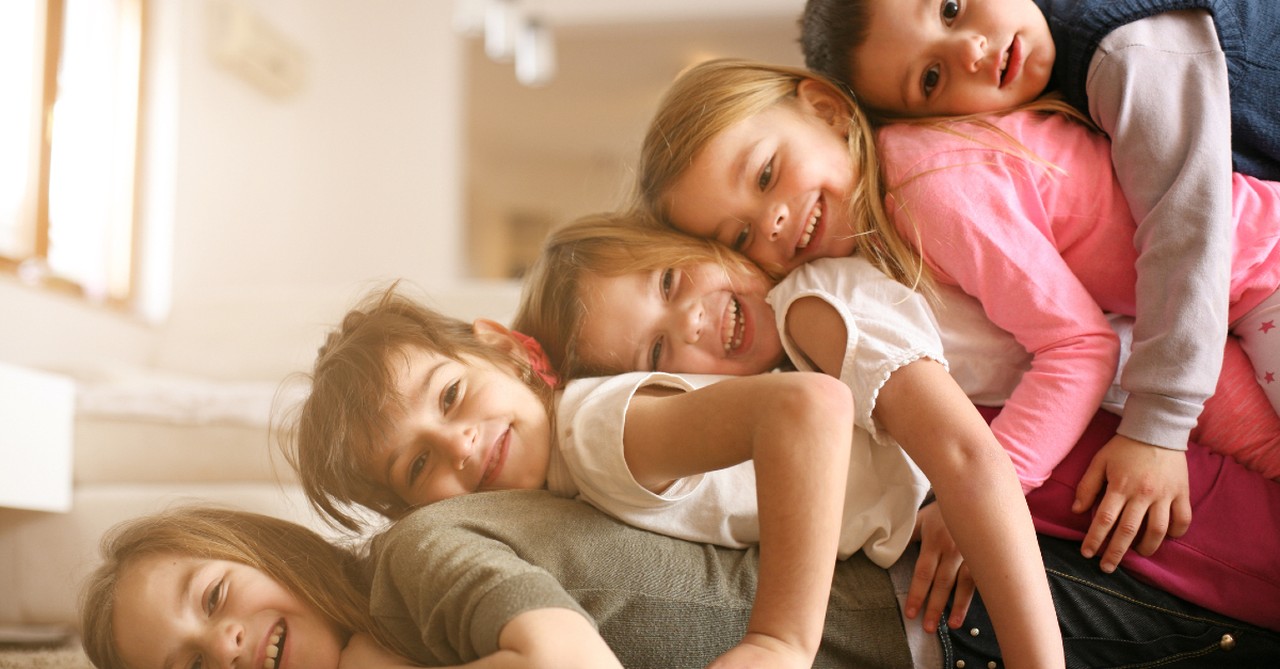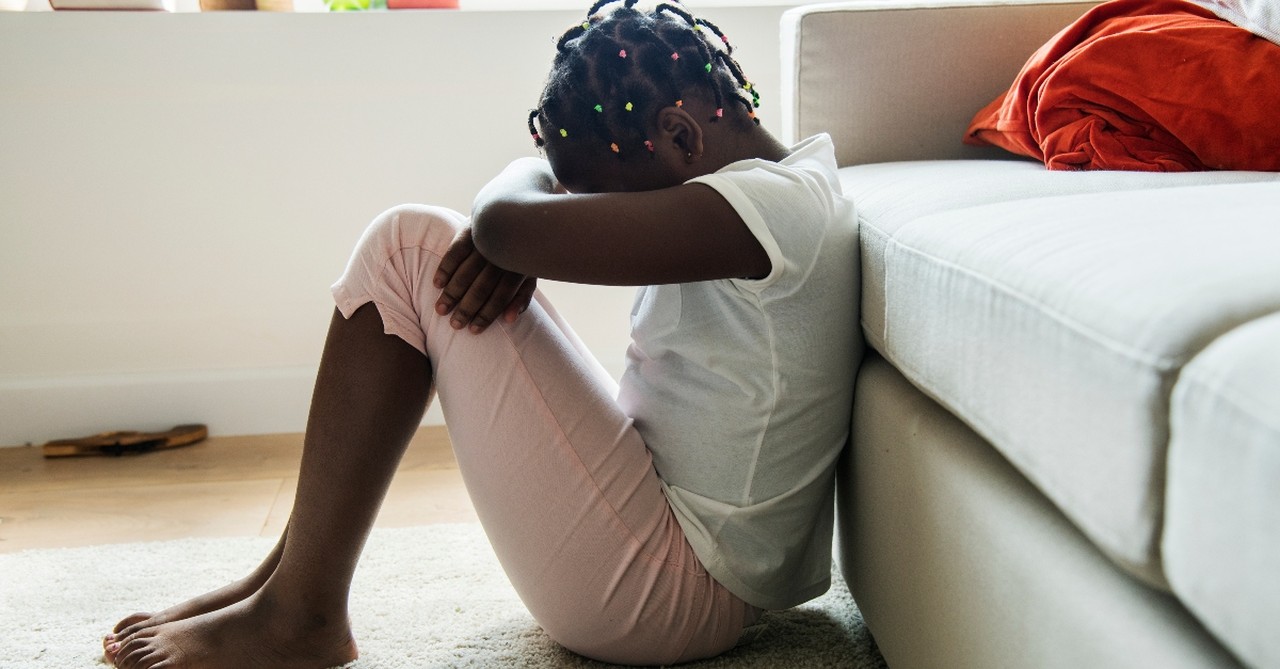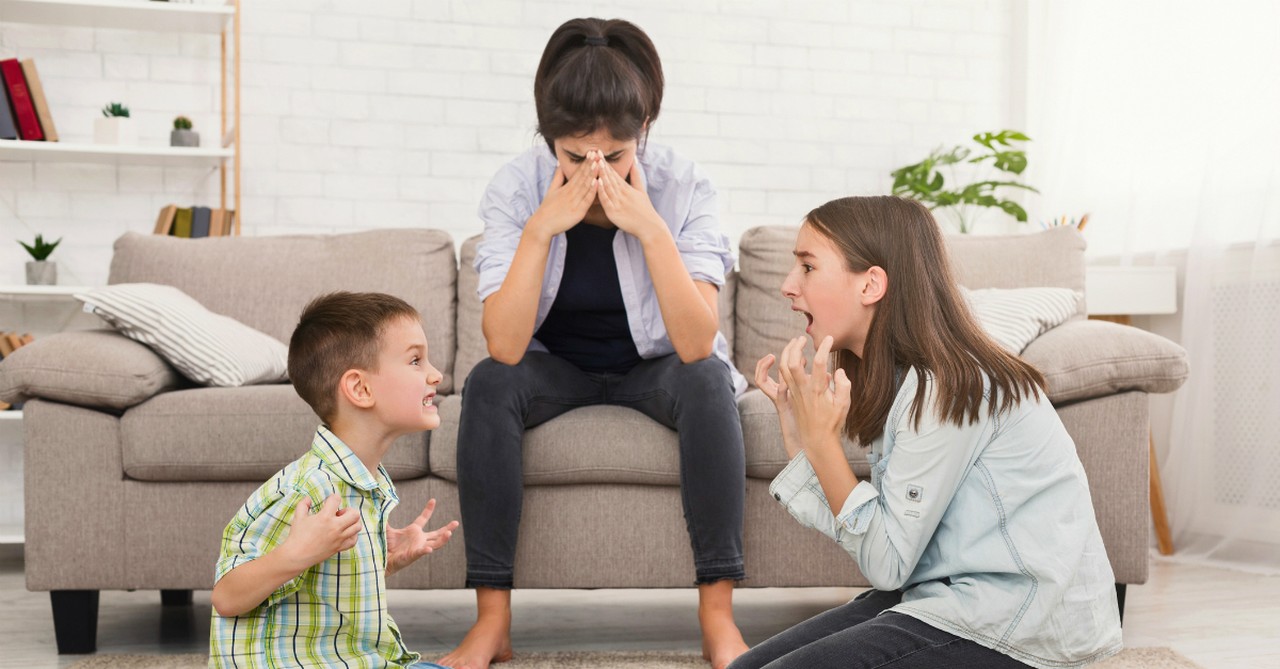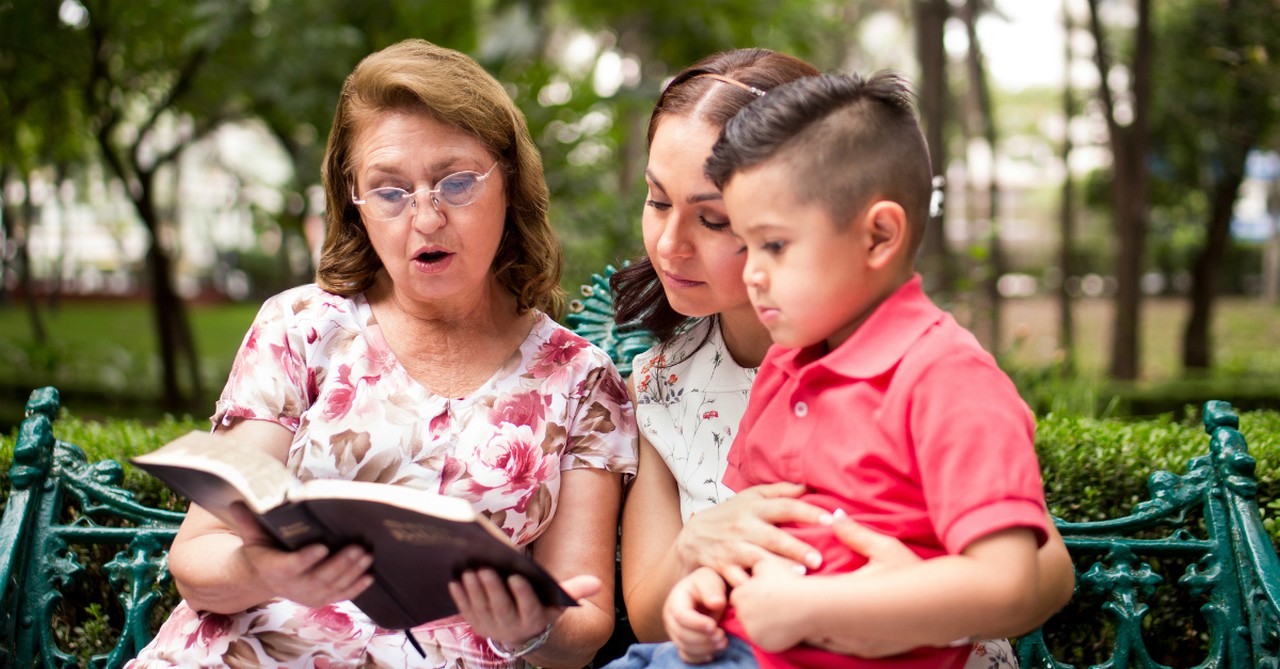
As kids, my brother and I were as opposite as could be.
Clever and introverted, he could craft a poem one moment and expertly repair an engine the next. He was loyal, fearless, and tenacious in his points of view. As his sister, I was instead the cautious people-pleaser who aimed for perfect grades and a busy social calendar.
I was content to spend hours at the piano or theater practice while he raced down the highway on his motorcycle. Our parents were challenged trying to understand their uniquely individual son and daughter.
The dynamic isn’t so different in our house today. Our five kids run from shy to never-met-a-stranger, academic to artistic, and serious to silly. That one is guarded and private while this one wears her heart on her sleeve. One child’s room looks like the aftermath of a tornado while the other would make Marie Kondo sing.
Each of our sons and daughters is one of a kind in their abilities, personalities, and dreams for the future.
As parents, we’re tempted to compare our kids to one another. We’ve battled critical thoughts that say, Why won’t you buckle down and study like your sister? I wish you would listen and cooperate like your brother. If you were as frugal as so-and-so, you’d have more money too.
Yet if we give in to those destructive comparisons, we’ll do long-lasting damage to our children’s hearts and minds. Here are 5 reasons why comparing your kids is harmful.
Photo Credit: ©GettyImages/Liderina
1. Comparison Breaks Trust

1. Comparison Breaks Trust
SLIDE 1 OF 5
Children long to feel cherished, accepted, and unconditionally loved. Every time we compare our kids to each other, we expose the measuring stick we use to judge their worth.
Comparing one child to another sends the painful message that your son is letting you down. Your daughter is a disappointment. He’s second best. She’s simply not enough. The message comes through loud and clear: your love and attention are prizes to be won instead of gifts freely given.
Fear and insecurity break down the trust between you. Unsure of where they stand, your kids might grow distant or rebellious. They’ll try to carry the struggles and hurts of growing up on their own shoulders. Mistakes or failures may be covered up with secrets or lies.
If our kids expect comparison instead of compassion, we give up our chance to encourage and help them along the way.
Instead, we can use our words to affirm their worth. We can value each one as priceless image-bearers of God.
Instead of comparing them to one another, we can share how they are works of God himself who are “fearfully and wonderfully made” (Psalm 139:14). Through prayer, we can invite the Spirit to transform our thoughts toward our kids. He’ll help us to focus on what is true and noble, “excellent or praiseworthy” in each of them (Philippians 4:8).
Set free from the comparison trap, our kids will feel treasured and celebrated. We’ll earn their trust and grow the love in our home.
Photo Credit: ©Getty Images
2. Comparison Turns Friends into Rivals

2. Comparison Turns Friends into Rivals
SLIDE 2 OF 5
Every time we compare our kids, we fire the starter pistol for the race for our approval. Comparison turns our kids into rivals instead of friends. As the friendship crumbles, they’ll keep score about, well, everything!
They’ll point out who had the best grades or did the most chores around the house. Who rode “shotgun” in the car and who took the last popsicle. You’ll see an uptick in tattling and put-downs instead of partnership and fun.
Sibling rivalry steals the peace we crave for our families. How do we break the cycle?
First, we set an example of love described in 1 Corinthians 13. Instead of comparing our kids, we show honor. We refuse to keep a “record of wrongs” by holding one child’s failure up to the other’s success (v. 5). We choose love that “always hopes” in God to do his work in their lives. By looking for the best in each of your kids, you’ll help them to set aside envy and care for each other with humble hearts (v. 4).
Second, we can work as a family to show love in tangible ways. Is your daughter exhausted from prepping for exams? Invite her brother to create a snack tray for a study boost.
Does your son have a date for the dance? Get his sister’s help in choosing a corsage and taking photos on the big night. Gather as a family every day to pray and take each other’s joys and struggles to God.
Photo Credit: ©GettyImages/Prostock-Studio
3. Comparison Hurts Your Kids’ Character

3. Comparison Hurts Your Kids’ Character
SLIDE 3 OF 5
Comparison and favoritism are two sides of the same coin. Every time we make note of who is the most responsible or funny, attractive or talented, we put a crown on the head of our child. Our “favorite” is then tempted to look down on the second-best siblings.
An arrogant attitude sets our son or daughter up for pain, since “pride goes before destruction, a haughty spirit before a fall” (Proverbs 16:18).
A favored child will also struggle with insecurity and fear of failure. Instead of resting in God’s grace, they’ll internalize the lie that love must be earned.
They’ll be tempted to lie, cheat, or hurt others to stay on top. And, their identity will be shaped by what they do instead of who they are.
The unfavored child faces temptations as well. A girl may feel jealous or bitter toward her beautiful older sister. A son may grow resentful or angry in the shadow of his talented brother. Instead of the Spirit’s fruit of kindness and self-control, they’ll take every opportunity to damage the favorite child’s happiness and reputation.
By breaking free from comparing our kids, we clear stumbling blocks of sin from their path. They’re better able to appreciate one another’s differences. Secure in our love, they get a taste of the love of their heavenly Father too.
His Word can take hold in their lives: “Anyone who loves their brother and sister lives in the light, and there is nothing in them to make them stumble” (1 John 2:10).
Photo Credit: ©Getty Images/Prostock-Studio
4. Comparison Creates Quitters

4. Comparison Creates Quitters
SLIDE 4 OF 5
Comparing our kids will damage their motivation and confidence to learn and try new things. It feeds negative thoughts like Why try if I’ll never measure up to my sister? It’s not fair that I work so hard but but still fall short of my brother.
If I can’t be the best, I don’t want to do it at all.
Our comparisons teach our kids to see life as pass-fail instead of a wonderful process of learning, growing, and experiencing the world around them. We hold our kids back from leaning into challenges and discovering their gifts and passions.
Comparison will also keep naturally talented kids from becoming all they can be. Instead of aiming high for their personal best, they lower the bar to simply surpass their siblings. These kids can grow passive and lose their drive.
Every time we compare our kids, they feel our pressure to perform. The stress of striving to stay on top can feed anxiety, leading them to burn out and quit.
Each of our children will grow and mature in their own unique timing. To overcome the damage of comparison, we can celebrate the small wins along the way. We can invest in their individual interests instead of trying to raise an entire family of musicians or athletes.
In school, we can praise them for progress instead of straight A’s on their report cards. And, we can affirm every effort to tackle the hard things they face, paying special attention to their perserverance.
Photo Credit: ©RNS/Pixabay/Creative Commons
5. Comparison Sets the Wrong Standard

5. Comparison Sets the Wrong Standard
SLIDE 5 OF 5
Our highest goal as parents is to raise children who love and look like Jesus.
By comparing them to each other, we miss our chance to teach them to “be imitators of God, as beloved children” (Ephesians 5:1 ESV). Jesus sets a beautiful example of kindness. Integrity. Generosity. Courage and boldness. Wisdom, mercy, and truth.
Yet every time we compare our kids, we hold up a sibling as their standard instead of God himself.
Comparison puts our kids on dangerous spiritual ground. It will do a hurtful work in our kids’ lives by creating people-pleasers who turn away from God.
Galatians 1:10 describes this battle of the heart: “Am I now trying to win the approval of human beings, or of God? Or am I trying to please people? If I were still trying to please people, I would not be a servant of Christ.”
If we end the comparing and scorekeeping in our homes, we set our kids free to follow Jesus. No longer pressured to “conform to the pattern of this world”—or the pattern of their sibling—God can renew their minds so they know “his good, pleasing, and perfect will” for their lives (Romans 12:2).
He can reveal the gifts of the Spirit that equip them to love and serve. He can set them free from the traps of sin and disobedience. God can direct their steps and draw them closer to himself every day.
Pray for God to become the perfect example of love for your family. He’ll break the chains of comparison and breathe peace, gladness, and unity into your home.
Photo Credit: ©GettyImages/Aldo Murillo

Originally published September 26, 2020.







